Breast Screening & Diagnostics
Our specially trained, highly skilled team at the Lurie Women's Imaging Center uses the latest technology and equipment to give you high-quality breast screening and diagnostic services in a warm, comfortable atmosphere.
Breast Screening Services
Breast screening services available at the Lurie Women's Imaging Center at El Camino Health include:
- Screening mammograms. We offer advanced digital mammography technology, including tomosynthesis (3-D mammograms), which provides highly detailed electronic images of the breast. This technology is available for both screening and diagnostic mammograms. Images are interpreted by a radiologist with specialized breast imaging training. Results are sent to your doctor electronically or by mail. Your results will be mailed to you within 10 business days. You may also choose to receive results by phone within one to two days.
- Whole breast ultrasound. We use sophisticated whole breast screening ultrasound (ABUS™) technology, which scans all areas of the breast — Mountain View Hospital is among the few hospitals in Northern California to offer this technology. Our diagnostic specialists use whole breast ultrasound to complement routine mammography and help locate tiny tumors that may be hidden within dense tissue.
The experts at El Camino Health recommend women ages 40 and older with an average risk of breast cancer to have a screening mammogram every year. These tests use low-dose X-ray of the breasts to detect cancer or other problems before a lump becomes large enough to be felt.
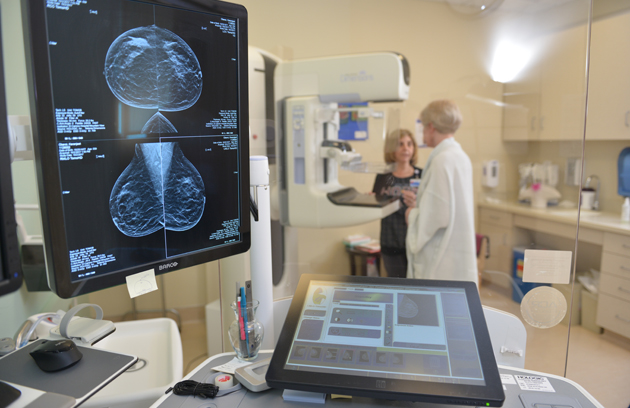
Diagnostic Services
If your mammogram shows breast abnormalities, your radiologist will likely order follow-up exams to confirm or rule out the possibility of breast cancer. El Camino Health offers a range of diagnostic services to detect abnormalities at the earliest stages.
Diagnostic Mammograms
Diagnostic mammograms are recommended for patients experiencing breast symptoms or concerns, such as lumps, changes in breast appearance, nipple discharge, persistent pain unrelated to menstrual cycles, or a history of breast cancer.
Ultrasound
Breast ultrasound uses sound waves to evaluate specific areas of the breast, such as when there are symptoms or findings from a physical exam or imaging. Unlike whole breast ultrasound, which scans the entire breast, the targeted ultrasound uses a handheld device to focus on areas of concern.
Biopsies
If further evaluation is needed, your doctor may recommend a breast biopsy. During a biopsy, samples of breast tissue are removed and examined under a microscope to see if cancer or other abnormal cells are present. Types of breast biopsies include:
- Fine needle aspiration biopsy – A small needle with a syringe is used to extract a small tissue sample.
- Core needle biopsy – A small needle is used to remove several small tissue samples from the area of concern in the breast. Imaging guidance – such as mammography (stereotactic), ultrasound, or MRI – may be used to precisely locate the area for sampling.
American College of Radiology (ACR) Gold Standard of Accreditation
The El Camino Health's Lurie Women's Imaging Center has been accredited as a Breast Imaging Center of Excellence by the American College of Radiology.
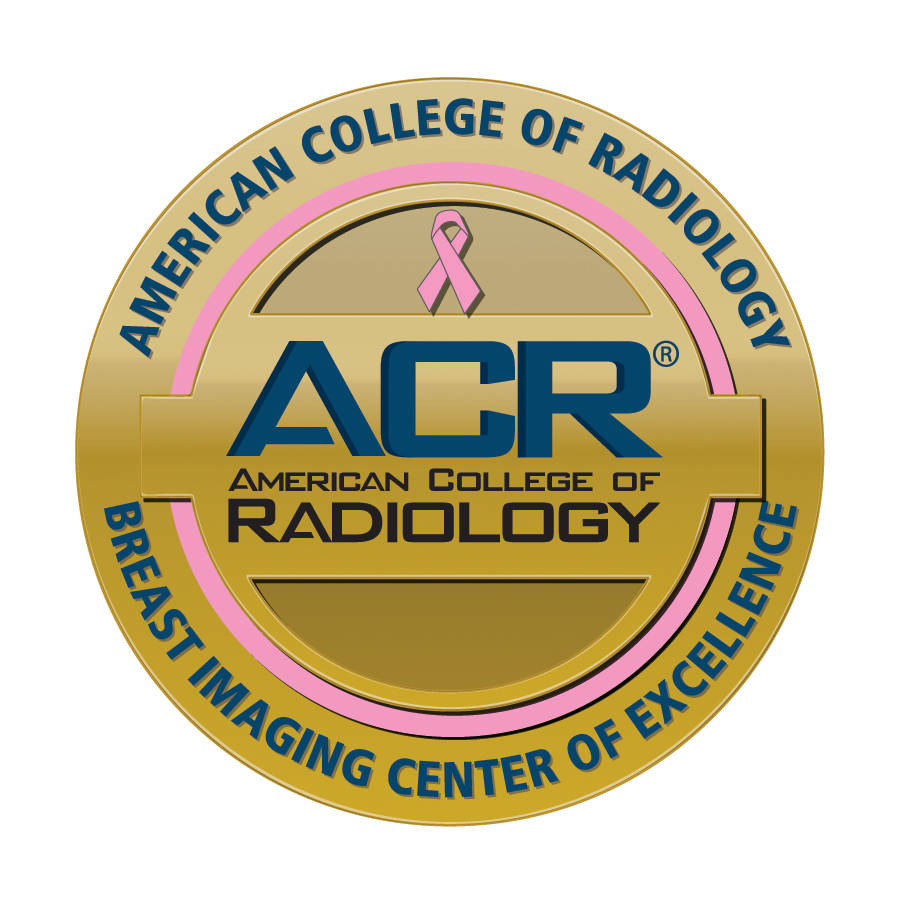 | 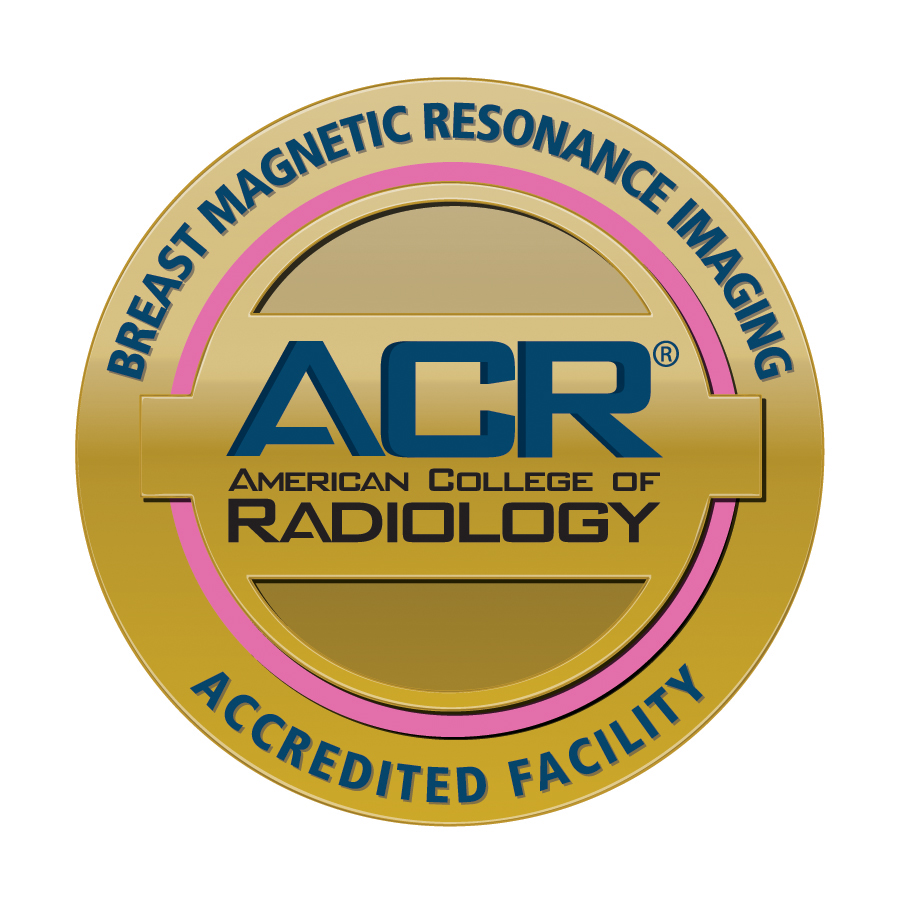 | 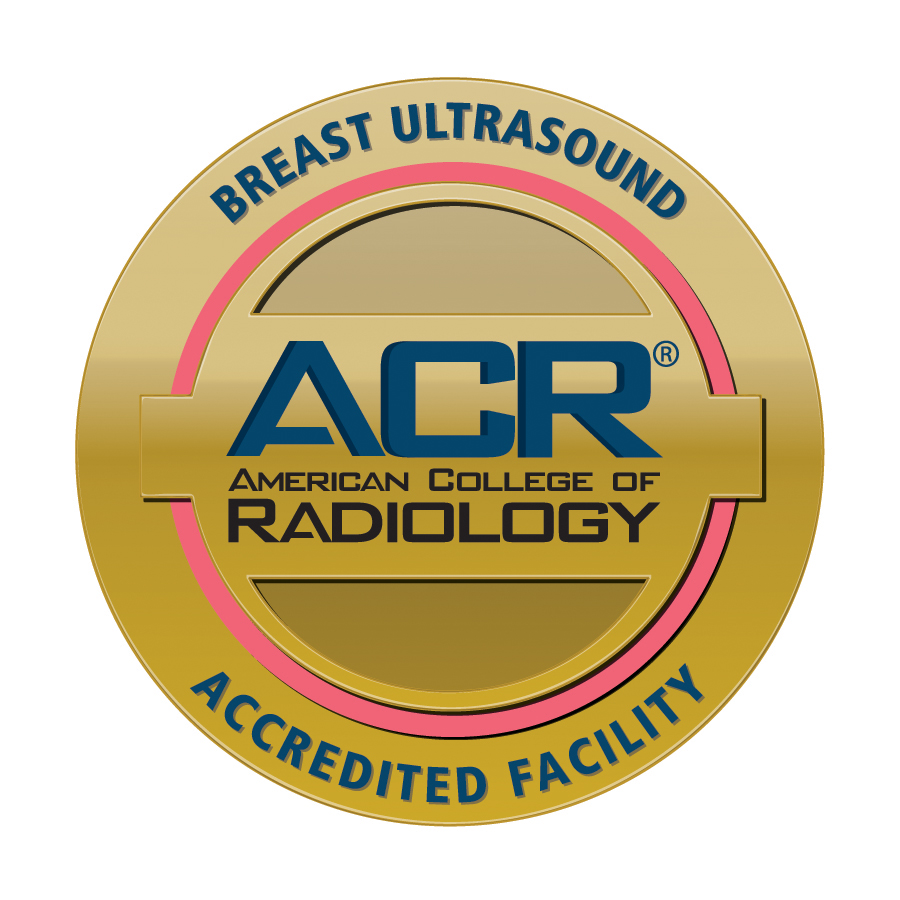 |
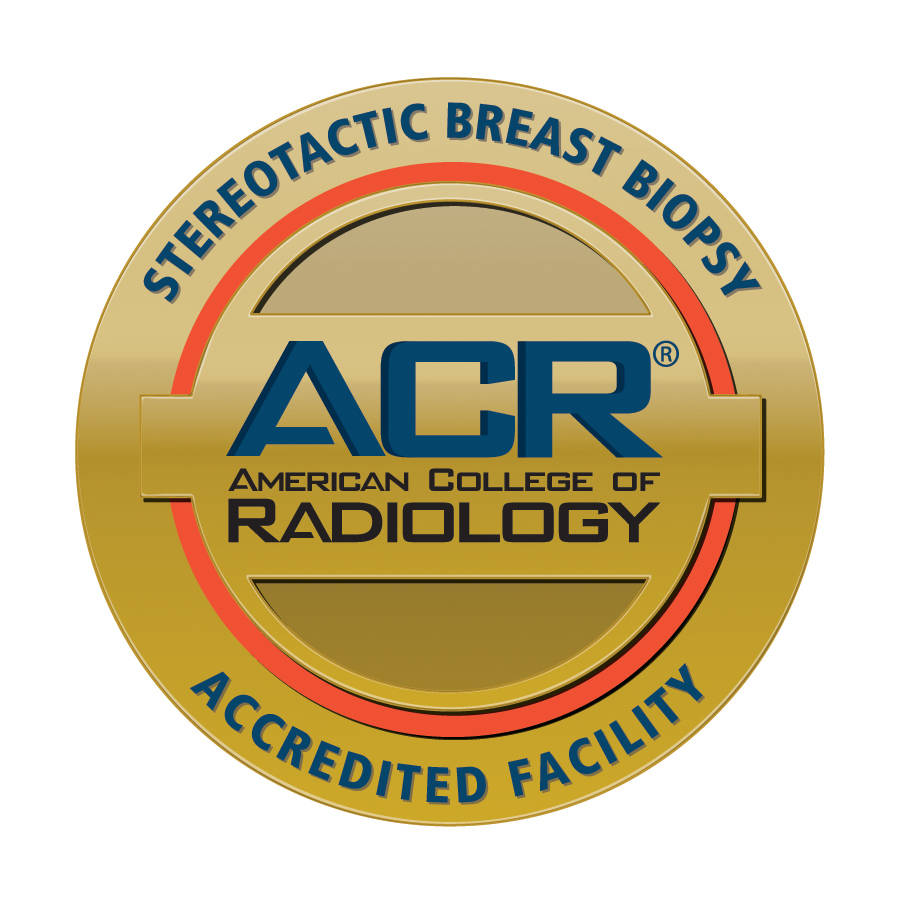 | 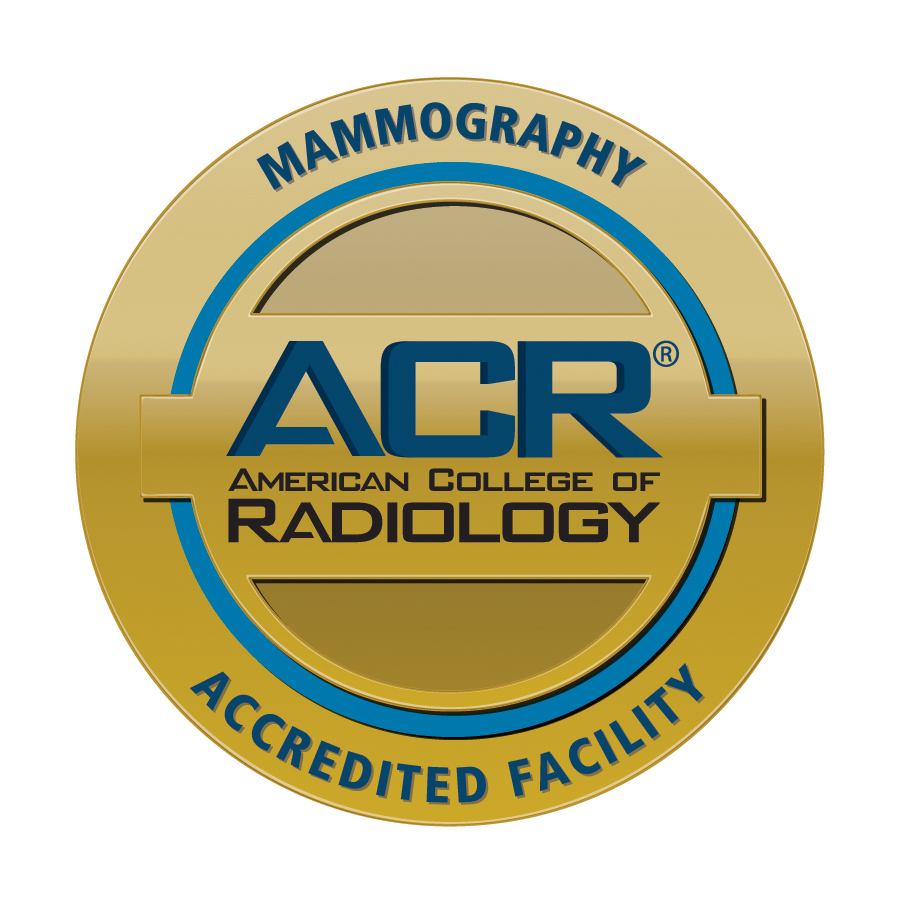 |
To achieve the ACR Gold Standard of Accreditation, our facility's personnel qualifications, equipment requirements, quality assurance, and quality control procedures have gone through a rigorous review process and have met specific qualifications. Every aspect of the ACR accreditation process is overseen by board-certified, expert radiologists and medical physicists in advanced diagnostic imaging.


